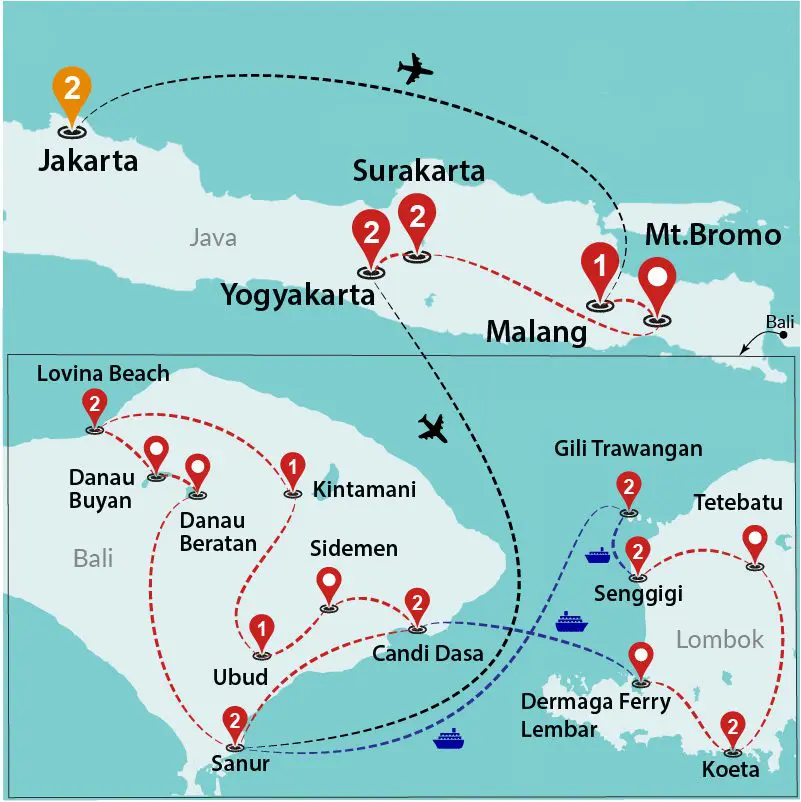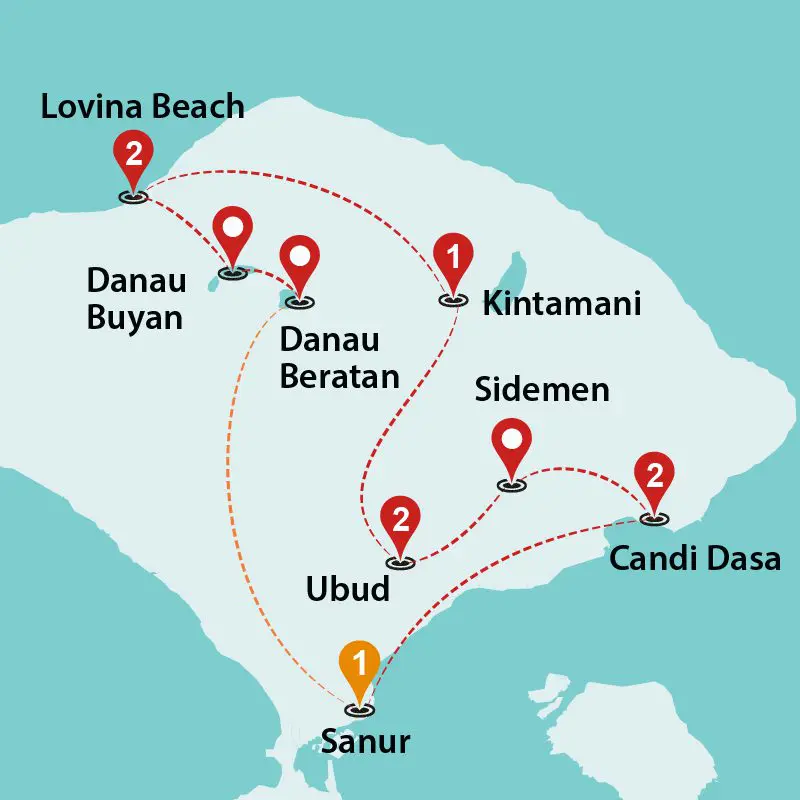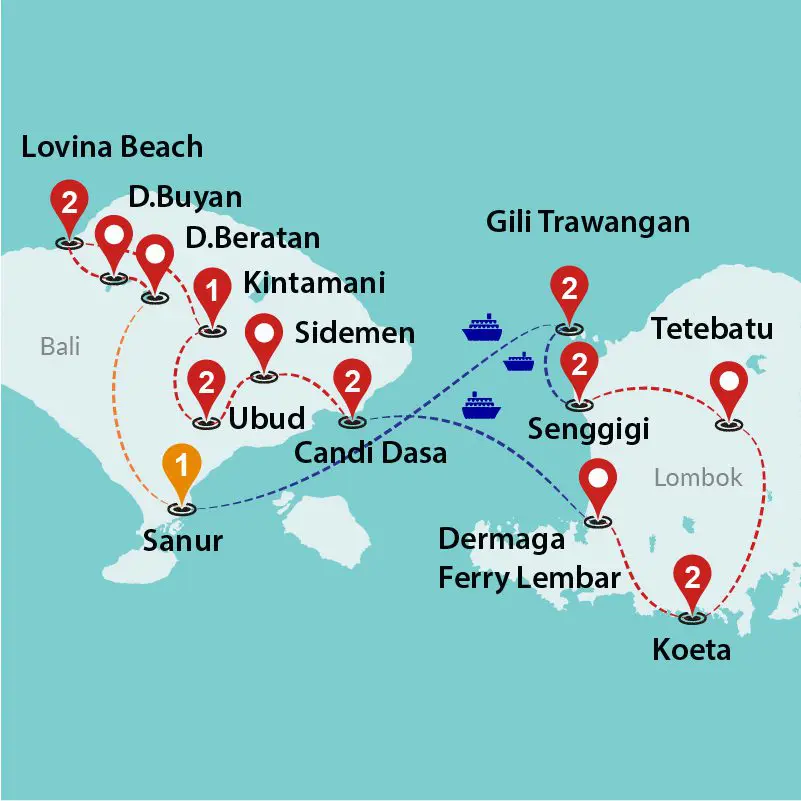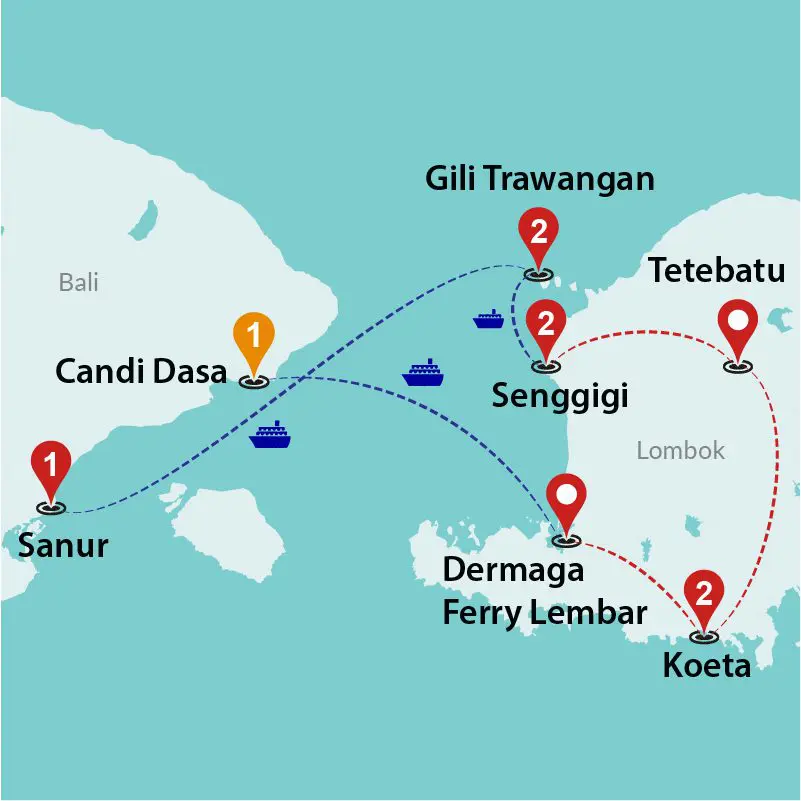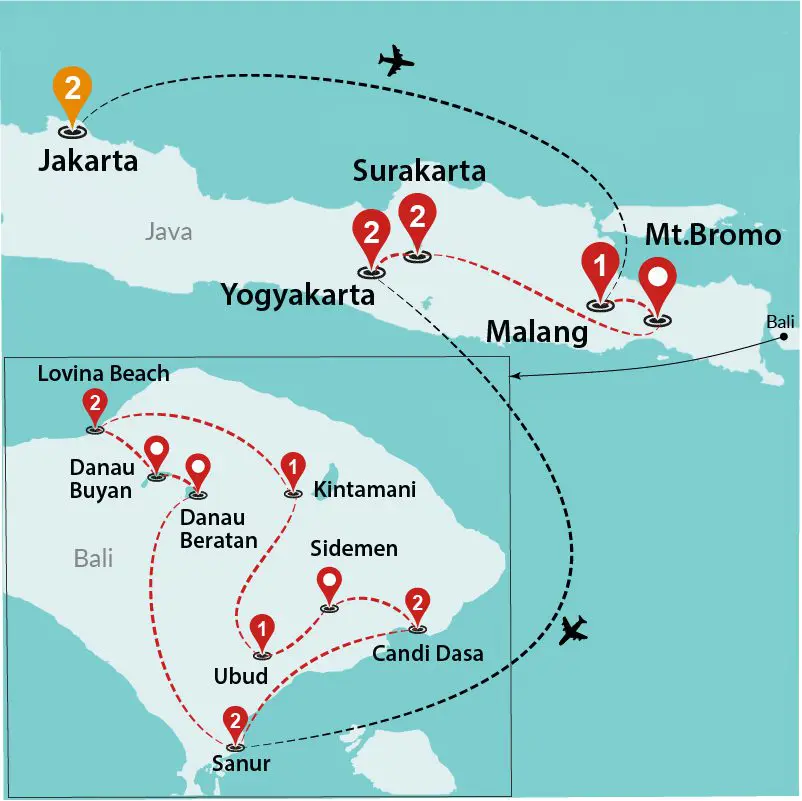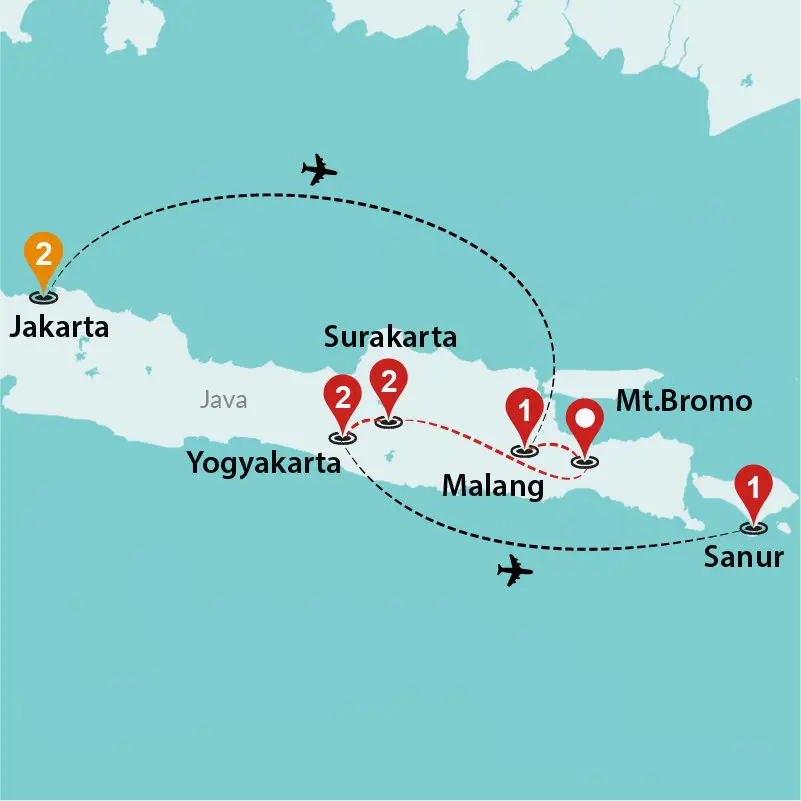Religion & Etiquette
Religion holds a significant place in Indonesian culture, with the majority of the population adhering to Islam, making Indonesia the world’s largest Muslim-majority country. However, Indonesia is also home to a diverse array of religious beliefs, including Hinduism, Buddhism, Christianity, and indigenous faiths, all of which coexist harmoniously and contribute to the country’s cultural tapestry. Religious practices and traditions play an integral role in daily life, with mosques, temples, churches, and other places of worship serving as focal points for community gatherings, festivals, and ceremonies. Visitors to Indonesia are encouraged to respect local religious customs and traditions, such as covering shoulders and knees when visiting religious sites, removing shoes before entering places of worship, and refraining from public displays of affection.
Etiquette in Indonesia is guided by the principle of “adat,” which emphasizes respect, politeness, and consideration for others. Indonesians place great importance on maintaining harmonious relationships and social harmony, with manners and behavior reflecting cultural values such as humility, hospitality, and collective responsibility. Visitors are encouraged to greet locals with a warm smile and a polite “Selamat pagi” (good morning), “Selamat siang” (good afternoon), or “Selamat malam” (good evening), and to use their right hand for gestures and interactions, as the left hand is considered impolite. Additionally, it’s customary to show deference and respect to elders and authority figures, and to avoid confrontational or aggressive behavior in social interactions. By observing these cultural norms and practices, visitors can foster positive connections with locals and gain a deeper appreciation for Indonesia’s rich cultural heritage.


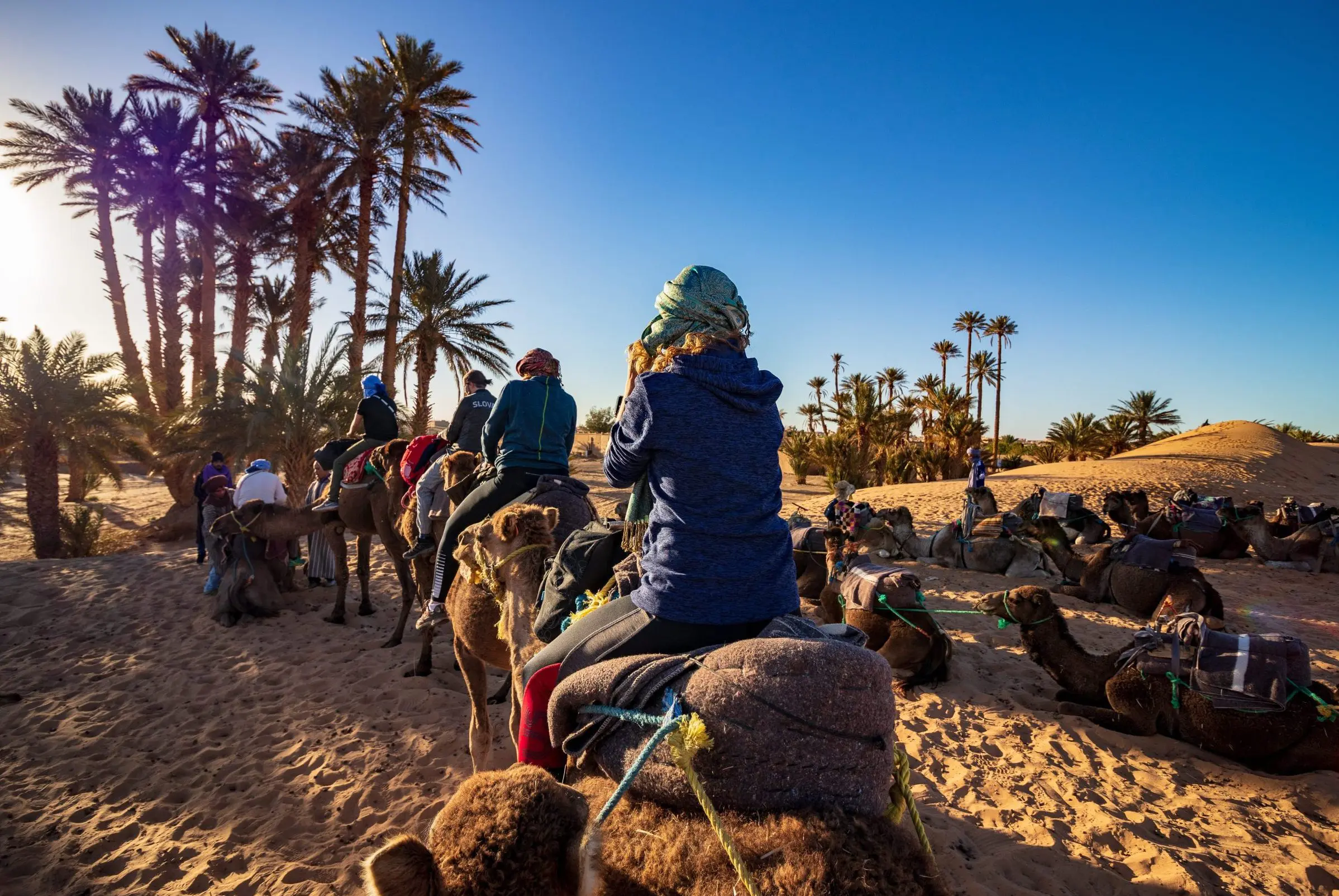 September Sale: 50% Off
September Sale: 50% Off Croatia Sailing 2025: 50% Off
Croatia Sailing 2025: 50% Off ANZAC Day Trips : Save 40%
ANZAC Day Trips : Save 40%  Central & Eastern Europe Tours: 50% Off
Central & Eastern Europe Tours: 50% Off  Why Travel Talk
Why Travel Talk Travel Talk Blog
Travel Talk Blog Responsible Travel
Responsible Travel Fair Travels with Travel Talk
Fair Travels with Travel Talk






